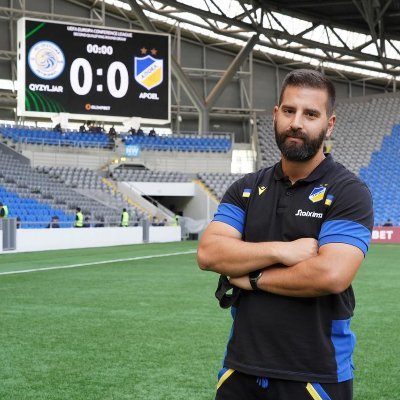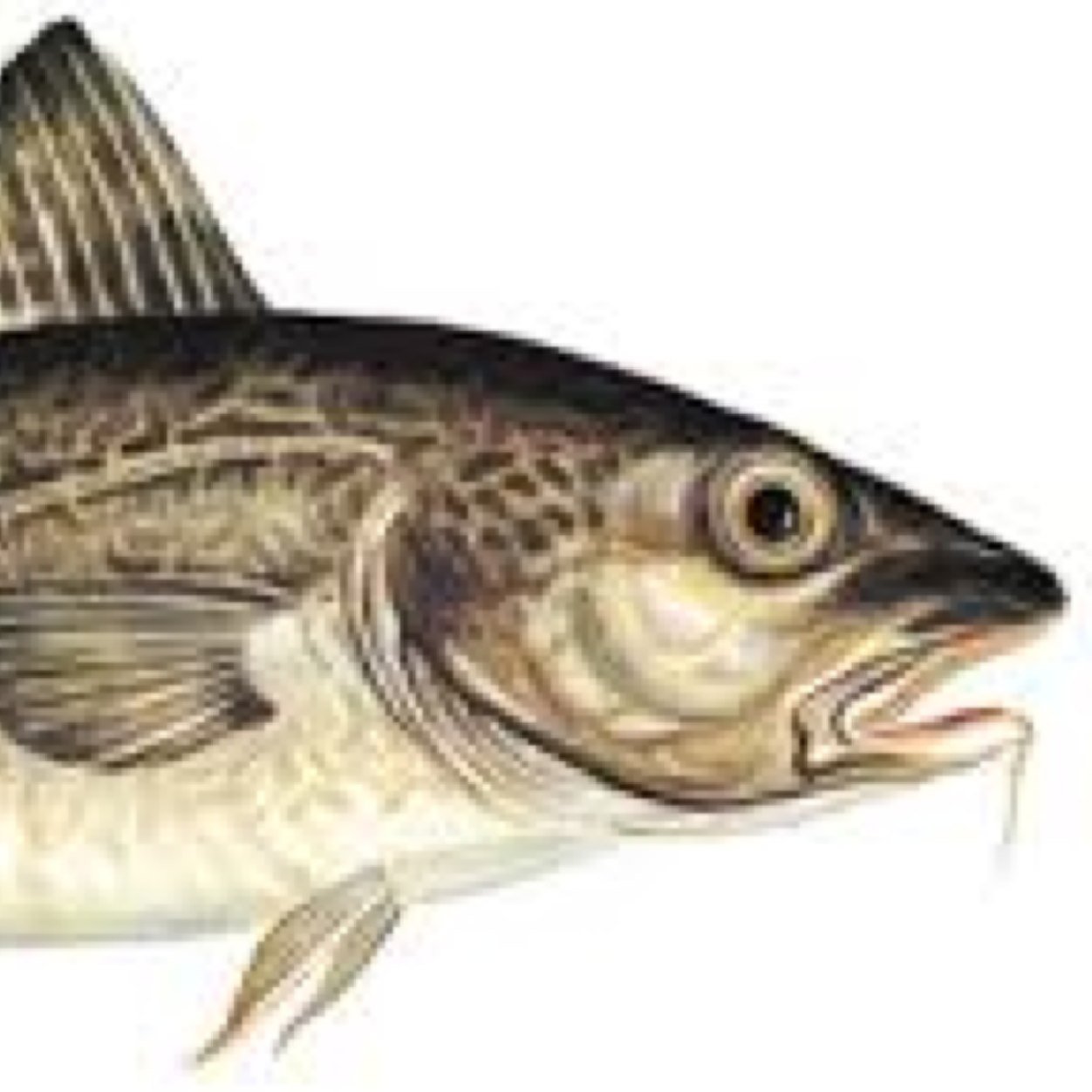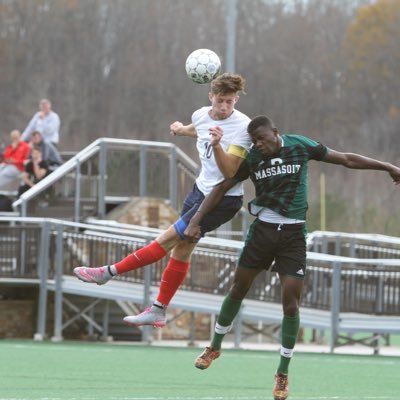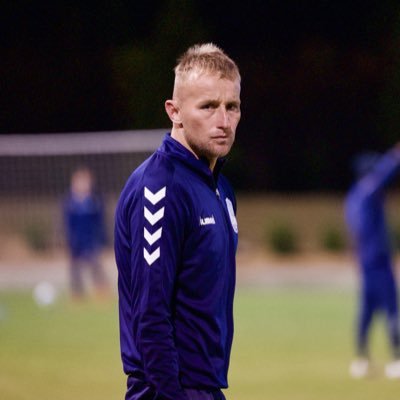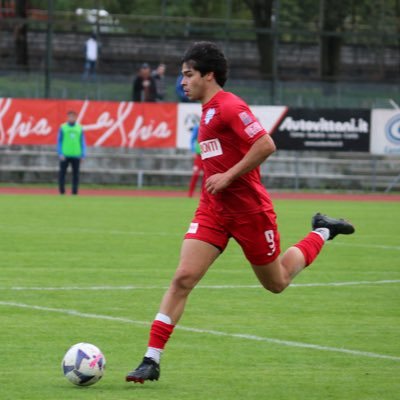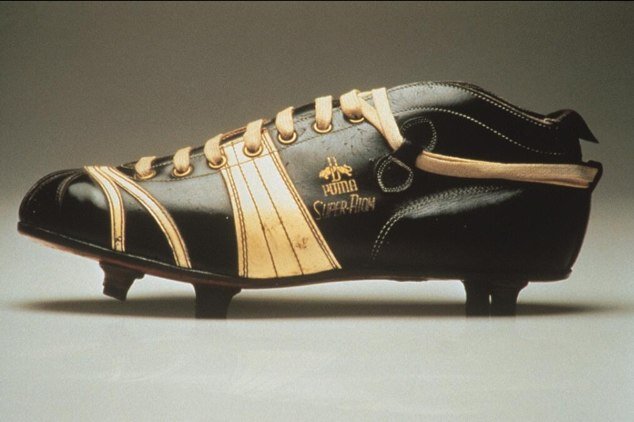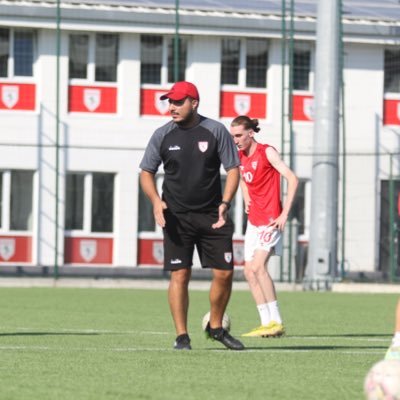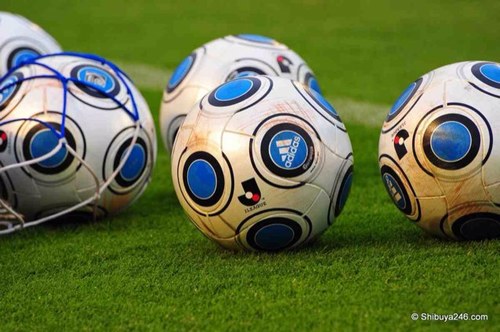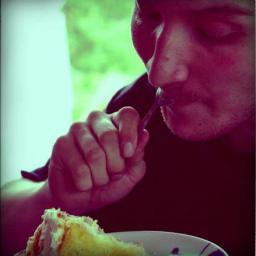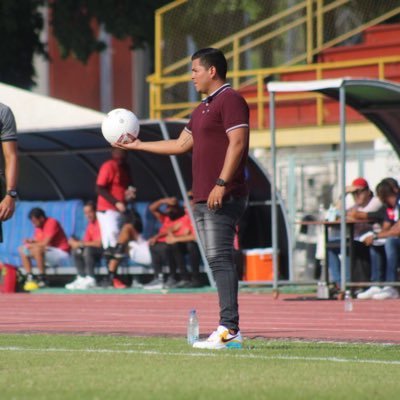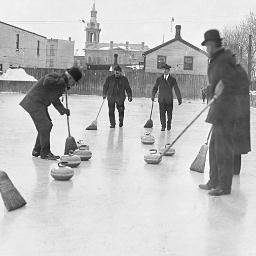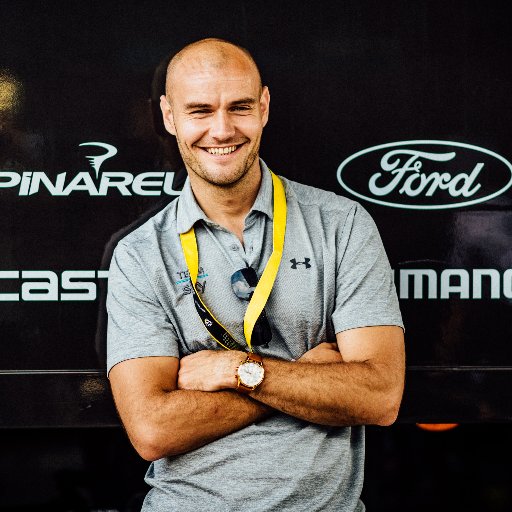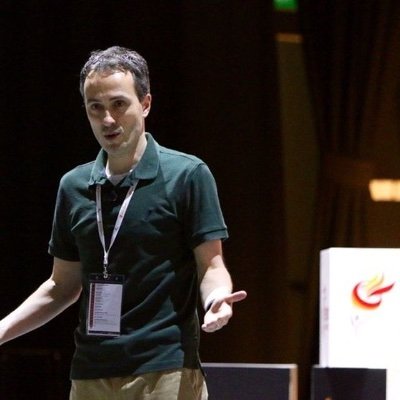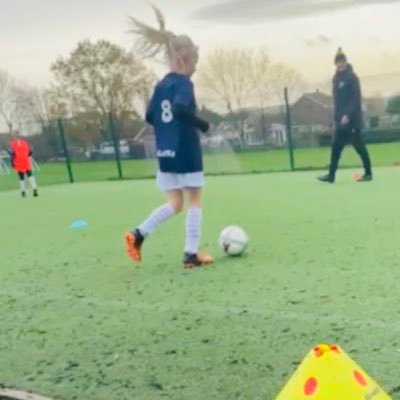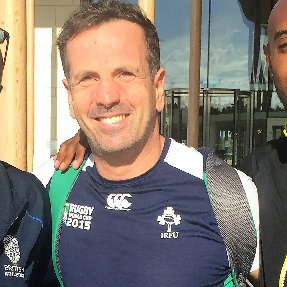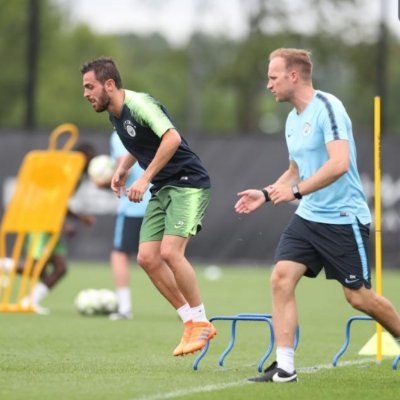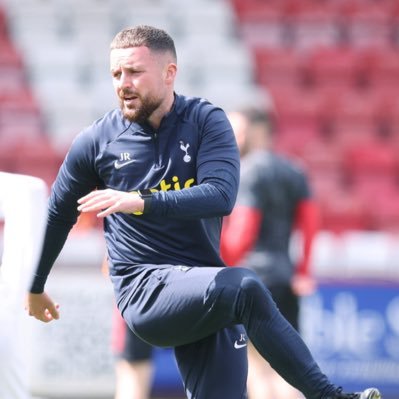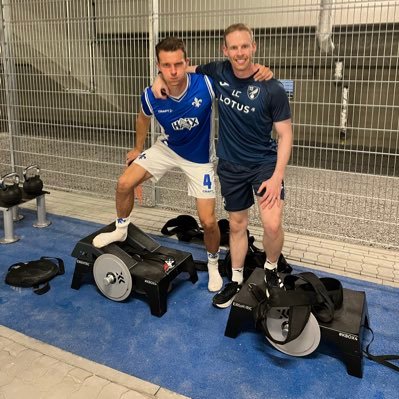
Dr James Malone
@maloneperform
Football Scientist | Consultant | Mentor | Helping football fitness practitioners enhance their career through mentoring
Key questions when planning MD+1 and MD+2 in football: - How much rest should we give players? - When should days off be scheduled? - How does turn around time impact planning? - How should we balance non-starters fitness?
MD-2 is a fine balancing act. Too much load = fatigue leading into game Too little load = underprepared for the game The Goldilocks principle.
Tips to create a better work:life balance in football: - Effective time management - Prioritize recovery for yourself - Have 'no' as a default - Establish clear boundaries
Advice when monitoring player readiness following matches: - Create individual profiles for each player, with known 'benchmarks' and error boundaries - Choose 3-4 readiness markers across different areas - Use a combination of objective and subjective data
How to deal with conflict in football: - Stepping back from a situation and reflecting - Reframing negative thoughts - Practicing active listening - Clear non-threating communication
GPS feedback to key stakeholders - the KISS approach. - Keep the information easy to understand - Select metrics that make sense - Ensure quick follow up and appropriate timing No need to overcomplicate things.
Key considerations when implementing a recovery points system with players: 1. Initial onboarding and education 2. Scoring points aligned to evidence base 3. Blanket approach > individualisation
Potential future steps to enhance accreditation processes for football fitness practitioners: 1. Global standards 2. Streamlined processes 3. Integrated learning opportunities It's time for the industry to have a shake up.
The ability to say 'no' is crucial to avoid long-term burnout in football. Here are 5 tips on how to say no effectively: 1. Don't beat around the bush 2. Set clear boundaries 3. Stand firm 4. Be selfish 5. Be polite
Ways to maximise muscle glycogen replenishment in football: - Aim for 1-1.2 g/kg per hour of high GI carbohydrates - Co ingest with protein (0.4 g/kg per hour0 - Continue with high CHO diet on MD+1 and MD+2
If you want to stay in football for the long term, you need to master the art of saying no in the right way.
Social media is becoming the new CV. Showcase your work to a wider audience. Build a good reputation. Make new connections and expand your network.
3 key factors when using cooling therapies for recovery: 1. Budget 2. Practicality 3. Player adherence Evaluate all 3 areas before committing to a recovery method.
Example content of a MD-2 session: - Warm Up (10 mins) - Speed Conditioning at end of warm up (5 mins) - Technical Exercise (10 mins) - Possession Drill (15 mins) - Crossing and Finishing Drill (15 mins) - Modified 10v10 Game (15 mins)
3 key factors when navigating your career path as a football fitness coach: 1) Hard work 2) Good understanding of football politics 3) Some luck along the way You need a combination of all 3 to reach the top in the profession.
Doing a PhD is hard. Doing a PhD when working in football is incredibly hard. It's not for everyone. But the rewards can be great.
Key considerations for sub-maximal testing: 1. Exercise regimen 2. Set intensity 3. Protocol duration 4. Data sample duration 5. Accounting for error
United States Trends
- 1. Thanksgiving 312K posts
- 2. Good Wednesday 27.7K posts
- 3. #wednesdaymotivation 4,427 posts
- 4. #Wednesdayvibe 2,185 posts
- 5. Colorado State 3,179 posts
- 6. Nuns 7,432 posts
- 7. Mora 21.2K posts
- 8. Stranger Things Day 3,032 posts
- 9. Hump Day 10.7K posts
- 10. Happy Hump 7,152 posts
- 11. Luka 69.2K posts
- 12. Hong Kong 53K posts
- 13. Food Network N/A
- 14. Karoline Leavitt 25.4K posts
- 15. Clippers 20.1K posts
- 16. Gretzky N/A
- 17. El Salvador 48.4K posts
- 18. Witkoff 180K posts
- 19. Tina Turner 5,006 posts
- 20. Joy Reid 4,714 posts
Something went wrong.
Something went wrong.


